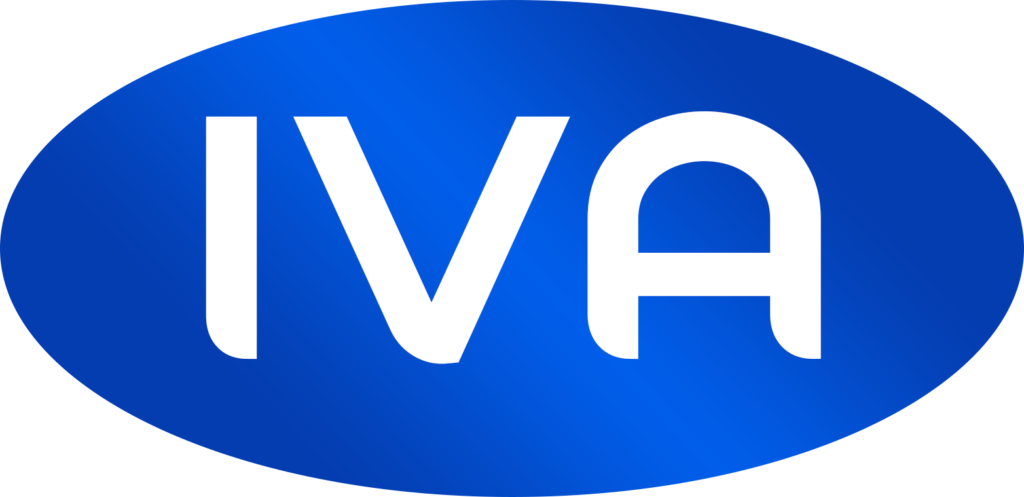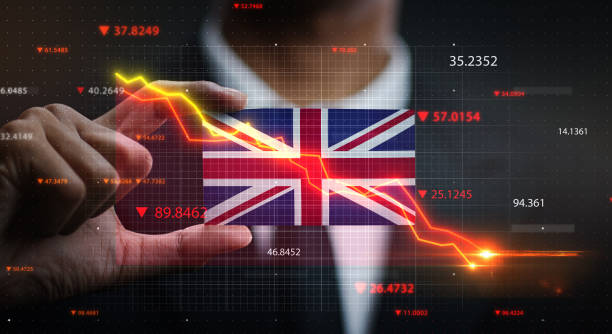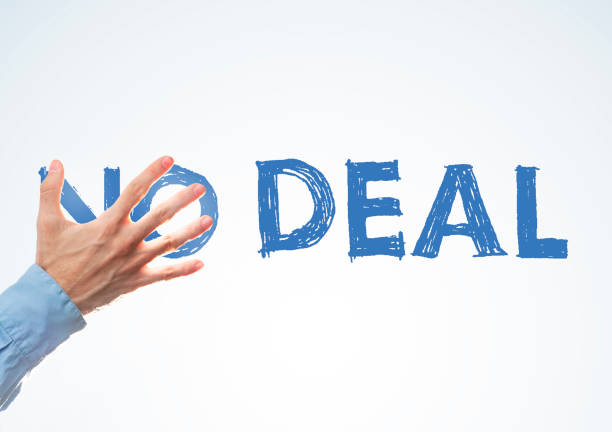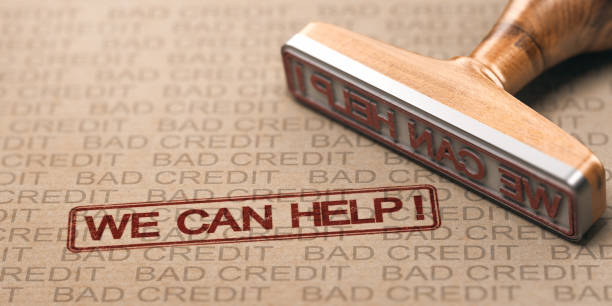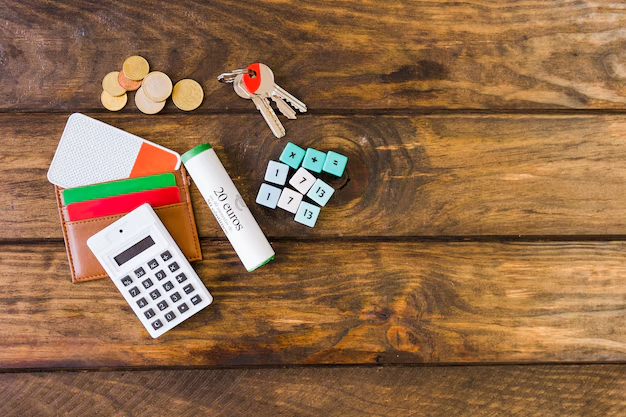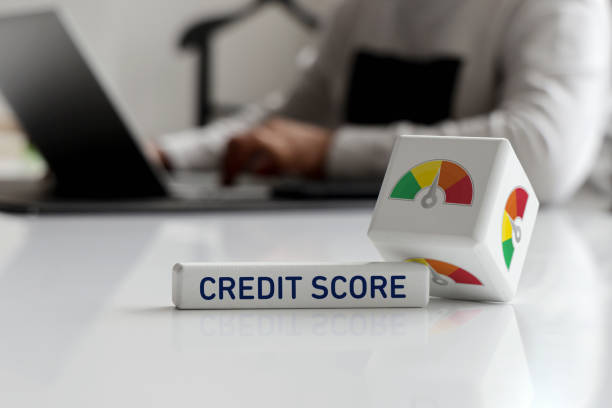How Bankruptcy Affects Self-Employed Individuals in the UK
Bankruptcy can provide much-needed relief for those overwhelmed by debt, but for self-employed individuals in the UK, the process introduces unique challenges. As a business owner or freelancer, the prospect of bankruptcy raises important questions about your income, business assets, and ability to continue trading. This guide will explore how bankruptcy affects self-employed individuals and offer insights into navigating this difficult financial situation.
Understanding Bankruptcy for Self-Employed Individuals
Bankruptcy is a legal process designed to help individuals who cannot repay their debts. When a self-employed person files for bankruptcy, it affects both their personal and business finances. The Official Receiver (OR) or insolvency practitioner manages the process, ensuring creditors are repaid as much as possible while balancing the individual’s basic needs.
Key Impacts of Bankruptcy on Self-Employment
- Your Ability to TradeYou may be able to continue trading as a sole trader, but you must:Disclose your bankruptcy status to anyone you do business with under a different name.Avoid borrowing more than £500 without informing the lender of your bankruptcy.If your business is incorporated (e.g., a limited company), you cannot act as a director during bankruptcy.
- Business AssetsTools and Equipment: Essential tools required for your trade may be exempt from seizure, provided their value is reasonable.Stock and Inventory: Any business stock may be sold to repay creditors.Business Premises: If you rent a workspace, your lease could be terminated, depending on the terms of your agreement.Vehicles: A vehicle essential for business purposes may be retained, subject to its value.
- Bank AccountsPersonal and business bank accounts may be frozen, and you will need to open a basic bank account for day-to-day transactions.
- Income AssessmentThe OR will review your income to determine how much you can contribute toward repaying creditors through an Income Payments Agreement (IPA).As self-employed income can vary, you may need to provide regular updates on your earnings.
How Bankruptcy Affects Different Business Structures
Sole Traders
Sole traders are personally liable for their business debts. Bankruptcy treats personal and business debts as one.
- You may continue to operate your business, provided you comply with the rules set by the OR.
Limited Companies
If your business operates as a limited company, its debts are separate from your personal finances. However:
- Personal guarantees for business loans become part of your bankruptcy.
- You cannot remain as a director of the company during the bankruptcy period.
Alternatives to Bankruptcy for Self-Employed Individuals
Before filing for bankruptcy, consider these alternatives:
- Individual Voluntary Arrangement (IVA)An IVA allows you to repay debts over time while continuing to trade.Protects essential business assets and avoids the restrictions of bankruptcy.
- Debt Management Plan (DMP)An informal agreement to repay creditors at an affordable rate.Ideal for sole traders with lower levels of debt.
- Debt Relief Order (DRO)A DRO may be suitable for self-employed individuals with minimal assets and debts under £30,000.
- Negotiating with CreditorsReach out to creditors to discuss reduced payments or extended terms, allowing your business to remain operational.
FAQs About Bankruptcy for Self-Employed Individuals
- Can I keep my business if I file for bankruptcy?
Sole traders can often continue operating, but assets like stock or high-value equipment may be sold. Limited company directors cannot continue in their role. - Will I lose my business premises?
It depends on your lease agreement and the OR’s assessment. If the premises have significant value, it may be sold. - How does bankruptcy affect my ability to earn?
You can still earn a living, but a portion of your income may be redirected to creditors through an IPA. - Can I start a new business after bankruptcy?
Yes, but you must comply with restrictions, including notifying creditors of your bankruptcy if borrowing more than £500.
Steps to Take Before Filing for Bankruptcy
- Assess Your Debts: List all personal and business debts to understand the full extent of your liabilities.
- Seek Professional Advice: Consult a debt advisor or insolvency practitioner to explore your options.
- Understand the Consequences: Be aware of the impact on your business, assets, and future borrowing.
- Consider Alternatives: Explore IVAs, DMPs, and DROs as potential solutions.
Conclusion: Navigating Bankruptcy as a Self-Employed Individual
Bankruptcy can provide relief from overwhelming debt, but for self-employed individuals, it’s essential to weigh the impact on your business and livelihood. By understanding the process, exploring alternatives, and seeking professional guidance, you can make the best decision for your financial future.
How We Can Help
We specialise in supporting UK citizens, including pensioners and retirees, through financial challenges. Whether you’re considering bankruptcy or exploring alternatives, our expert advisors are here to help. Contact us today for personalised advice and take the first step toward financial stability.
#DebtRelief #SelfEmployedSupport #IVA #BankruptcyHelp #FinancialSolutions #DebtManagement #UKCitizens #PensionersSupport #RetireesFinance #SmallBusinessRelief #FinancialStability #ApplyForIVA #DebtFreeJourney #BusinessDebtSolutions #PersonalFinanceTips
